Canada 150 & Me – Realpolitik & Canada’s 200th birthday
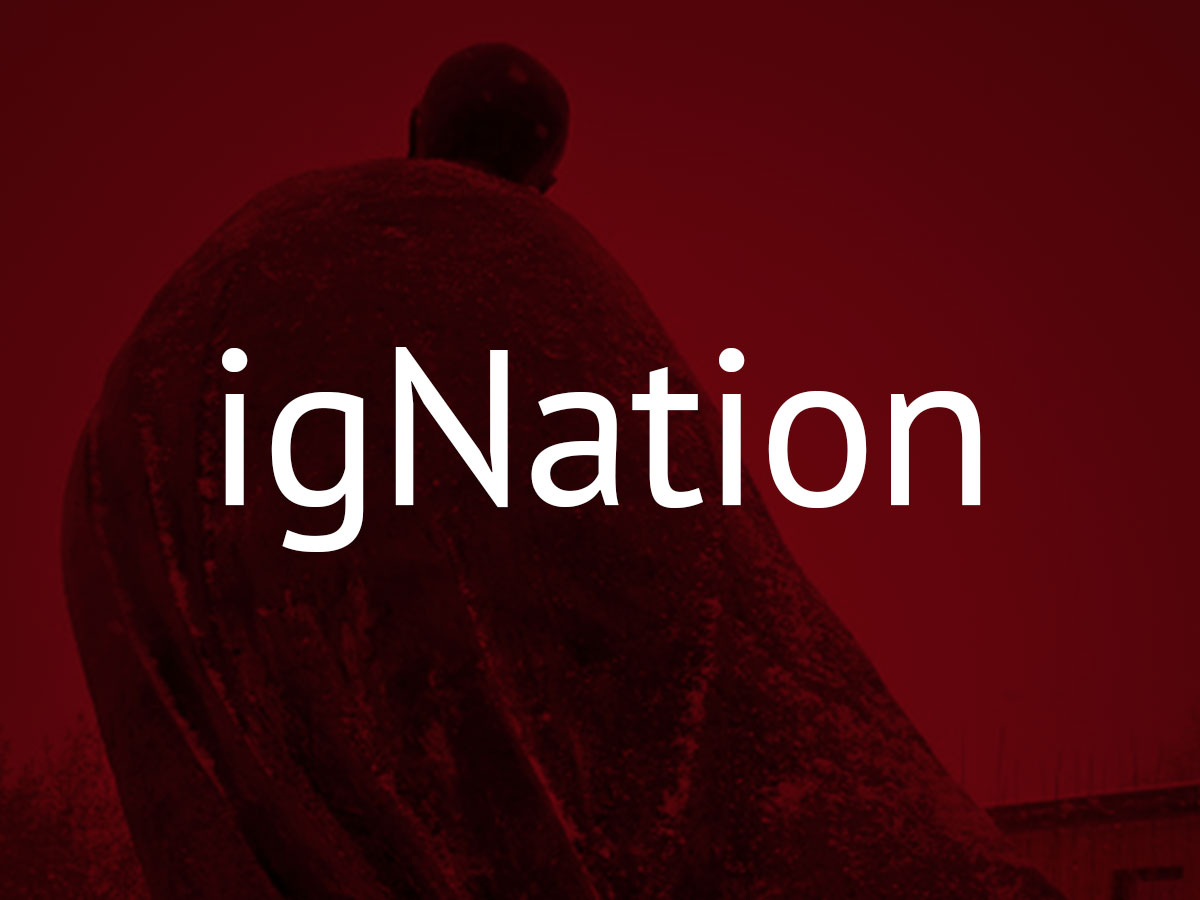
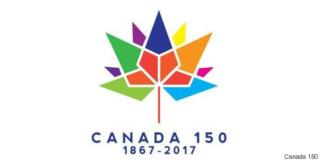
People say such nice things about Canada, never more so then when we are celebrating one of those tumultuous anniversaries as we are doing now, in 2017, for our 150th birthday, and as we did in 1967 when we turned 100.
That was the year of Expo 67, the World's Fair. The Globe and Mail sent me to Montreal for three weeks to cover the big fair in 1967. I stayed in a downtown hotel with a photographer, who used the bathroom as his darkroom, with the lights turned off except for a dim red glow and his shimmering negatives floating in the tub. I worked at my typewriter outside the bathroom, fretting over a feature story I would either phone in or send by telegraph.
That says much. Negatives? Darkroom? Typewriter? Fifty years later, today, there'd be no darkrooms, no typewriters, no negatives, the cameras would be digital and I'd merely punch the send-button to deliver my prose to Toronto.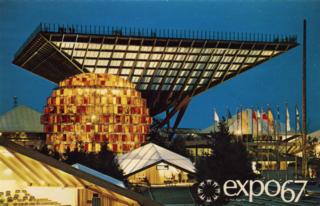
An example of the nice things people say about Canada, even as we look ahead 50 years to our 200th birthday, is what the writer William A. Macdonald wrote in an op-ed for The Globe and Mail last month: "Canada today has the best overall range of assets in the world. It has, arguably, the best perch to look out on the world's two biggest players — the United States and China — and figure them out, with the least baggage and best possible relationship potential. It has ample space, water, food, energy, metals and minerals, and it border three oceans."
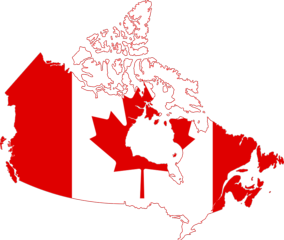 See what I mean? We're such nice guys that nobody ever would do us harm, or so we like to think. We inhabit the world's second-largest land mass, with a mere 35 million people. We often choose to forget that the country with the largest land mass in the world, Russia, has twice as much land (Canada: 9,984,670 square kilometres; Russia: 17,098,242 square kilometres). Canada has one of the lowest population densities in the world, 3.7 people per square kilometre, 230th of 241 countries in the world. Russia is also sparsely populated, but its population density in the world's largest land mass is 8.4, more than double that of Canada.
See what I mean? We're such nice guys that nobody ever would do us harm, or so we like to think. We inhabit the world's second-largest land mass, with a mere 35 million people. We often choose to forget that the country with the largest land mass in the world, Russia, has twice as much land (Canada: 9,984,670 square kilometres; Russia: 17,098,242 square kilometres). Canada has one of the lowest population densities in the world, 3.7 people per square kilometre, 230th of 241 countries in the world. Russia is also sparsely populated, but its population density in the world's largest land mass is 8.4, more than double that of Canada.
As we move on closer to Canada's 200th birthday in 2067, people might be amused or horrified to look back and realize there once was a President of the United States who considered global warming a myth. This will be when the waters of the Atlantic begin to wash over Miami, preparing for its destiny as a new Atlantis. New York and Boston will be close behind. Toronto’s climate may be more like you’d find now in Savannah, Georgia.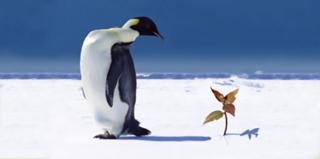
Even as the president scoffed that global warming is a myth, the new warmth had caused some northern rivers in Canada to change direction in a phenomenon called "river piracy." The foundations of some houses in Yukon. Northwest Territories and Alaska were leaning, tilting, crumbling.
Per Espen Stokness, the Norwegian organizational psychologist who wrote What We Think About When We Try Not to Think About Global Warning, puts it this way on Canada’s 150th birthday in 2017: “Global warning feels distant in time: the years given –2050 and beyond – seem very far away.” Stokness maintains that climate change for the most part is invisible to the average human being. “CO2 is colourless and odourless,” he says. “If CO2 was a black ooze, we’d have solved it a long time ago.”
The New York Times reported in April, 2017 – Canada’s 150th birthday – that temperatures in some parts of the Arctic had spiked 20 degree Celsius above their historical averages. Scientists said in March, 2017, that sea ice in the Arctic had dropped to its lowest level record. The Times article also noted that a warming ocean – this is 50 years before Canada’s 200th birthday — has killed large chunks of Australia’s Great Barrier Reef.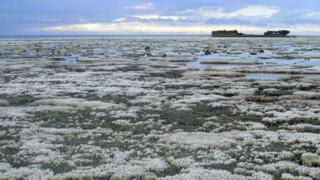
But — aha! — some cockeyed optimists saw this as a blessing of great fortuitousness. If the new warmth begins to melt the permafrost, wondrous riches below the ice will be accessible and here for the picking: gold, silver, copper, nickel, diamonds, as much metal and minerals as the world has ever encountered, perhaps even oil plentiful as any found beneath the Middle East. A journalist-friend who specializes in this field once told me that the world would regard these new attainable riches as a monumental world "claim," greater than any of the gold rushes of yore (with more than gold under them thar melted hills).
With Canada’s massive acreage and tiny population, the rest of the world of course will let us dig and pillage these riches to our hearts content, right? Or will we have to fight off these interlopers with our military, those aging fighter-jets and decrepit Sea Hawk helicopters that fall out of the sky when you most need them? We have the largest coastline in the world, surrounded by three oceans, but Norway, with a much smaller coastline, has a much larger Navy. We have a few patrol boats, some frigates and two used, diesel-powered, submarines that are being refitted. We might have to call on the Musical Ride.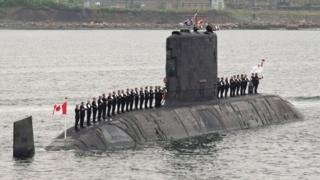
This is not to disparage Canada's military. We have served with distinction and great valor in two World Wars. We have showed military imagination and efficiency by unifying our forces. We have volunteered for peacekeeping duties in some of the hot spots of the world. We have managed to develop one of the world's best commando units with the formation of JTF2. Despite all this courage and renown we are not near to being a global power.
So, wither 200? It is interesting to note that is exactly 150 years ago that the U.S. purchased Alaska from Russia for $7.2 million. Russia considered it a bargain, $7.2 million for a chunk of useless frozen wasteland. Now Russia thinks it was hoodwinked by the Americans. It certainly gives us a precedent to entertain a similar land-buy, which is to sell the Canadian north to the Americans. That's right, slice off Canada from the 60th Parallel to the Pole. There are some 100,000 people up there, to be sure, but we could work out a deal whereby they could all move safely below the 60th Parallel, or stay where they are and become dual citizens, or whatever deal proves satisfactory to both countries.
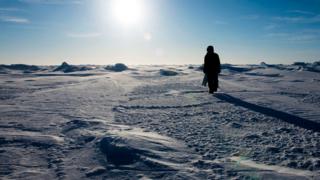 Outrageous? Well, depends. The U.S. would continue to protect us, as it always has. We would be a smaller country, to be sure, but we could still drive to Tuktoyaktuk without having to speak a different language. And if we could agree on a proper price….
Outrageous? Well, depends. The U.S. would continue to protect us, as it always has. We would be a smaller country, to be sure, but we could still drive to Tuktoyaktuk without having to speak a different language. And if we could agree on a proper price….
How about $50 trillion? Let's roll that by the high foreheads of finance and see if they blink. Sounds fair to me. By 2067, Canada's population should be about 50 million, which means every man, woman and child would be eligible for $1 million. We'd still be the nice guys of the world, but we'd be rich nice guys.




No Comments